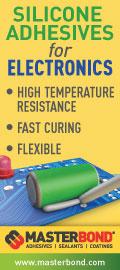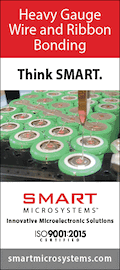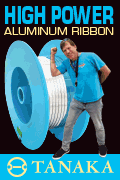 |
||||||||||||||||||||||||||||||||||||||||
 |
||||||||||||||||||||||||||||||||||||||||
 |
||||||||||||||||||||||||||||||||||||||||
 |
||||||||||||||||||||||||||||||||||||||||
 |
||||||||||||||||||||||||||||||||||||||||
 |
||||||||||||||||||||||||||||||||||||||||

Wednesday, September 12, 2018 / 11:30am - 1:00 pm
(Registration opens and lunch starts at 11:30am / Talk starts at noon)
SEMI Global Headquarters
673 South Milpitas Blvd., Milpitas, CA 95035
Package Assembly Design Kits - The Technology Bridge between Chip Design and High-Density Fan Out Design, Manufacturing, and Assembly
Ruben Fuentes, Vice President, WW Design, Amkor
Process design kits (PDKs) are well-known catalysts in integrated circuit (IC) design. However, they are somewhat of a mystery and a new concept to the packaging world. As a result, many packaging engineers do not understand why PDKs are pivotal to the success of IC designs. Traditionally, packaging companies provide only a copy of their design rules because package design rules tend to be very dynamic. This concept is where IC design and traditional package design philosophies collide. In high-density fan-out (HDFO) applications, the practice of sharing only design rules creates many unnecessary delays and back-and-forth design iterations between the package designer and the HDFO manufacturer. In contrast, package assembly design kits (PADKs) enable designers to validate their designs throughout the design process. Although package design and IC design are two different worlds, they do share several key similarities. These similarities have contributed to the successful use of package assembly design kits. Attendees can expect to leave with a broader understanding of how PADKs can significantly increase productivity, reduce cycle times and limit the number of design iterations in HDFO applications.






